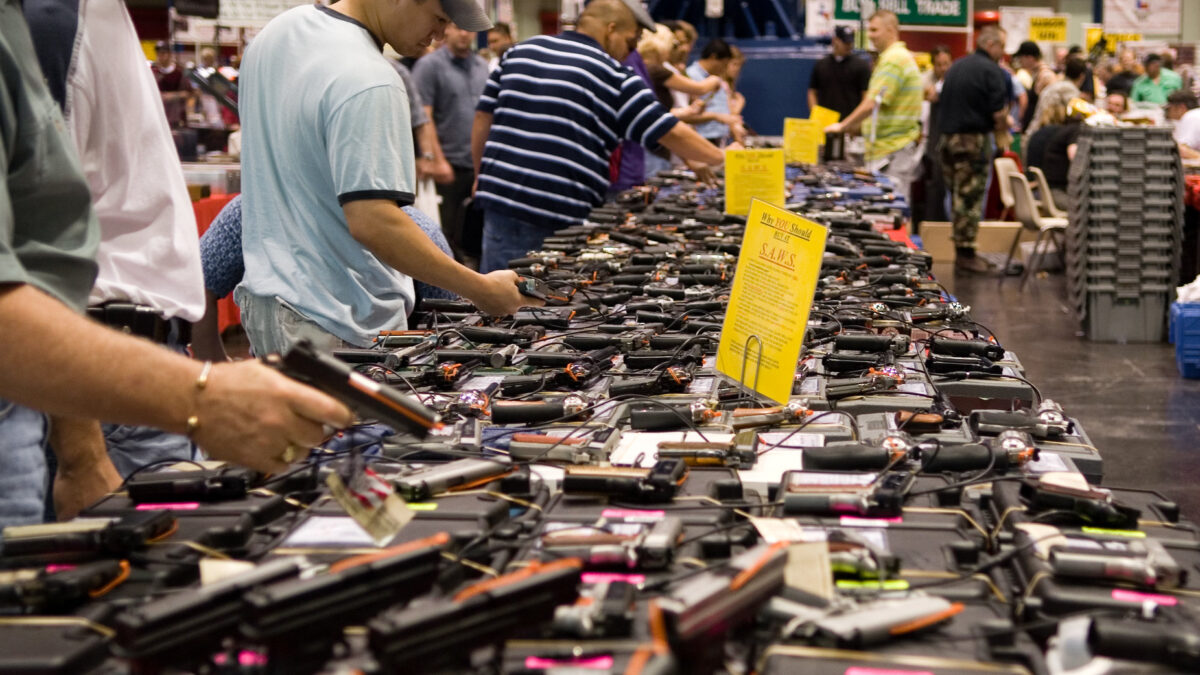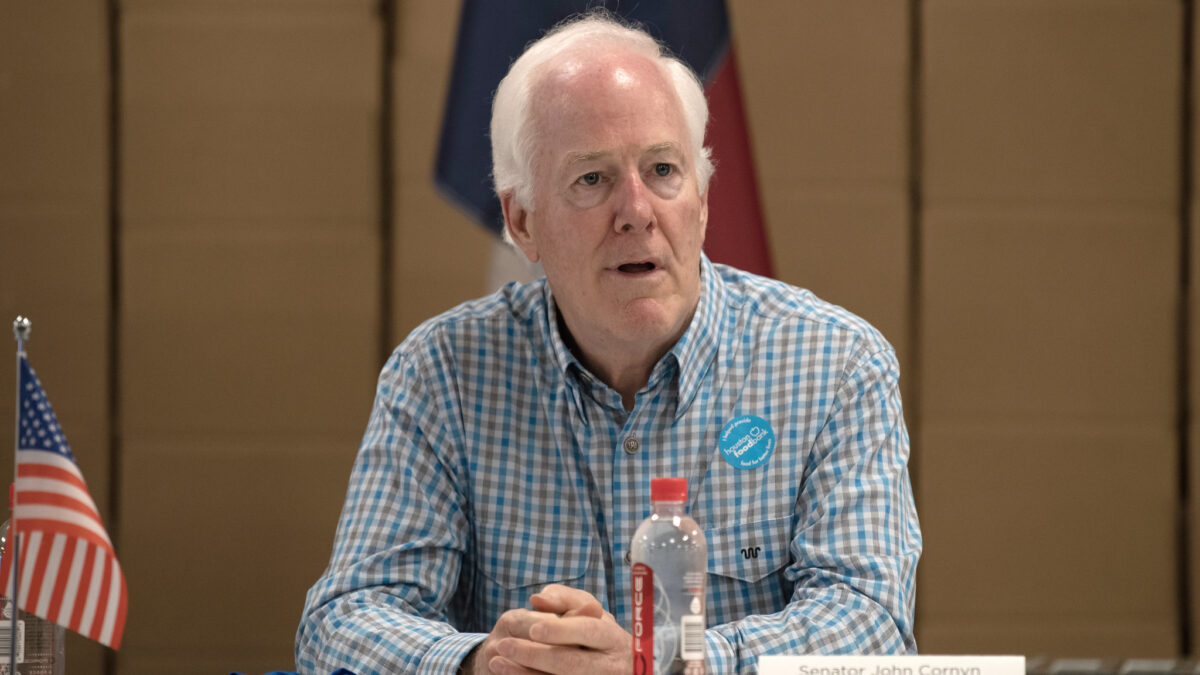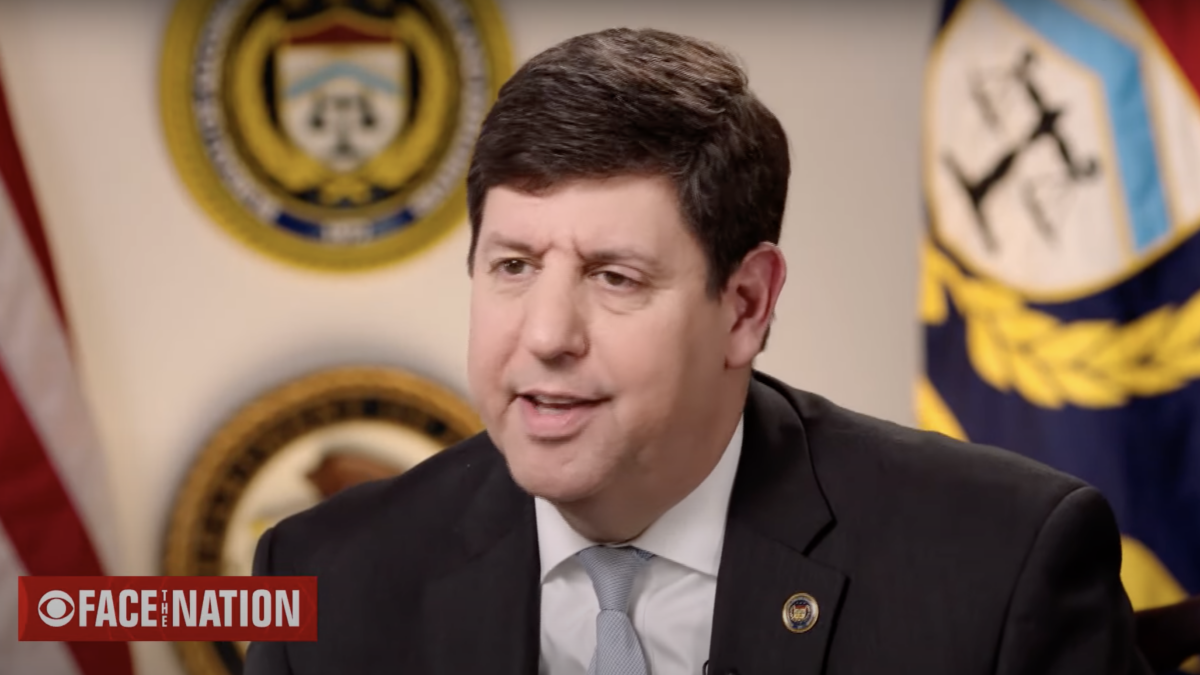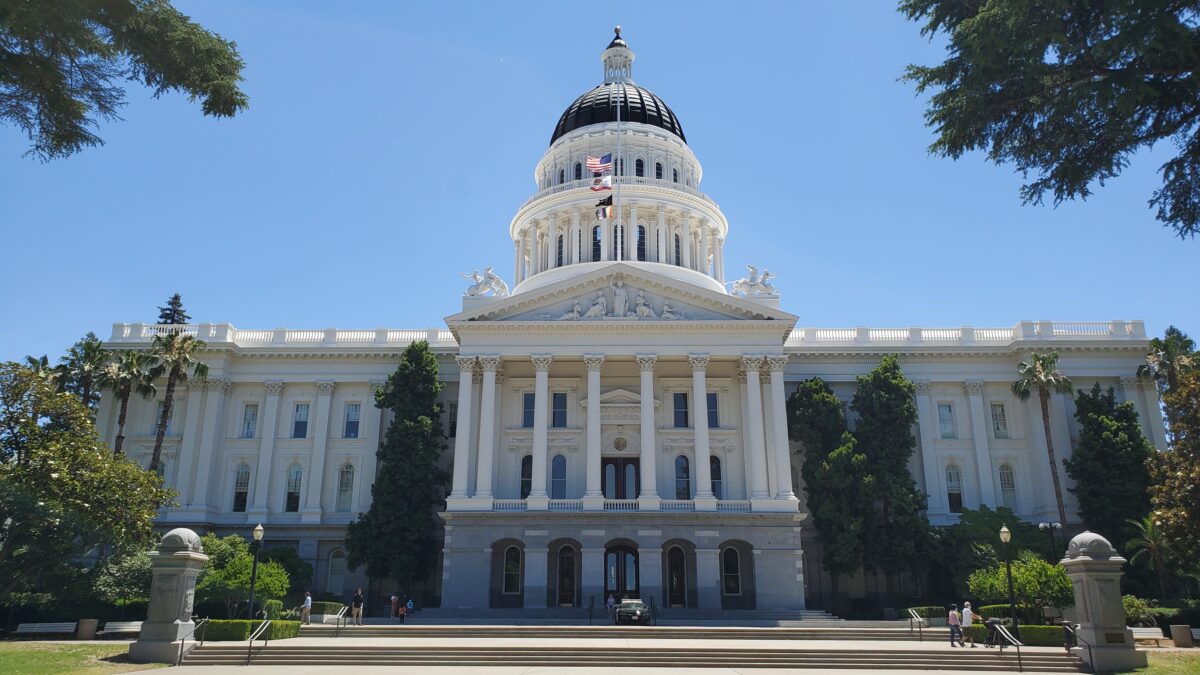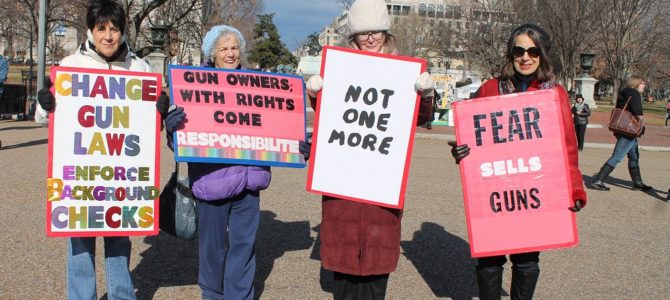
I’ve never owned a gun. In fact, I’ve never fired one. But like millions of other Americans I experience a frisson of anxiety with each lurch of public sentiment against gun rights.
The most recent paroxysm, sparked by the mass murder at Marjory Stoneman Douglas High School, has filled the sails of the gun control movement with the winds of teenage anguish. This last of three mass murders perpetrated with semi-automatic rifles since last fall has catapulted gun control to the forefront of public discourse.
It’s brought to mainstream discussion such measures as comprehensive semi-automatic rifle bans and national gun registries, which MSD students proposed in The Guardian, as well as a repeal of the Second amendment, as endorsed by retired Supreme Court justice John Paul Stevens.
At one point in my life, I would have supported all three proposals, and I understand why they seem so urgent to so many. An honest observer cannot ignore that even when accounting for population differences the rate of gun murders in the United States far exceeds those of our international peers, nor that our legal permissiveness of guns does as well. In the minds of a vocal proportion of our society, the case is open-and-shut: our permissive laws beget carnage and therefore must be tightened. The question this faction seems unable to answer is how any good person could disagree.
As someone who has seen the debate from the gun control perspective and lacks any personal history that might create a bias toward permissive gun laws yet nevertheless disagrees with the ban, register, and repeal triad, I think I can help, not to illuminate the proper gun policy, but in explaining how the other faction thinks.
Ban, Register, Repeal Threatens Our Self-Determination
What eludes the advocates of the sorts of gun control under discussion, and what they must understand they are challenging, is that for millions of Americans the gun embodies the social and political value of independence—a value I have come to appreciate greatly and that has changed my orientation on this issue.
What I mean by independence is the capability of directing one’s own mind and acting upon it without any authority’s approval. The gun can be seen as embodying this value, because it serves as a tool to maintain such independence when all else fails.
This view animates gun-rights advocates’ thinking on fundamental issues that human beings face, such as how individuals should orient themselves toward others and what are the capabilities and limitations of the state. For gun-control advocates, the gun is an instrument for inflicting harm, but to gun rights supporters the gun represents freedom from predation. It stands as a last personal line of self-defense against brutality. It delivers peace of mind. The bans, registries, and repeals being discussed threaten the most fundamental conceptions many Americans have of what it means to live in liberty.
For these Americans, mass murders (and all other acts of aggression, for that matter) do not weaken their convictions, but reinforce them. No one else’s abuse of the tool, it is held, lessens the personal value it provides to the gun advocate. A central, though often unspoken, tenet of this view is that aggression—whether by nature or entrenched social construction—is a fact of life.
It is in this context that gun owners and advocates assess questions of a person’s right to self-preservation. Is self-preservation an immutable right, or is it subordinate to statistical considerations that may suggest ban, register, and repeal could reduce the murder rate? On the independence view, the question answers itself.
Will permissive gun laws unfortunately clear the path for some bad people to enact harm? Quite possibly, but if I am to be the target of aggression, the gun qua tool of independence view holds, I want every means available to survive. That is what the gun provides.
The Point of Insurance Is to Not Need It
To those on the gun control view, this sounds like utter paranoia. Violent crime is committed at lower rates than it was during the latter half of the twentieth century and our government, although imperfect, is not authoritarian. “Why is a gun necessary?” we frequently hear.
A reasonable answer is that a reliable, effective gun is akin to an insurance policy. Am I going to be the beneficiary of my monthly renter’s insurance premiums? I hope not. But I rest easily knowing that I can draw upon my policy if disaster strikes. In this sense, gun ownership can be viewed as an expression of personal risk philosophy. Just as we needn’t all buy insurance in a uniform way, we can each evaluate whether a gun can serve as a personal safety policy.
Interestingly, the statistics often don’t tell the story the gun controllers think they do. As mentioned earlier, advocates for tighter laws frequently highlight the murder rate discrepancy between the United States and our international counterparts, as if to show that our cultural fixation only harms us.
But in doing so, they ignore that within America there is neither a correlation between gun ownership and gun murders across varying state laws, nor between the strictness of gun laws and gun murders. Might it be that the statistics suggest it isn’t gun advocates who have an irrational fear, but the gun controllers themselves?
Aggression Versus Independence
An unaddressed question thus far is, aggression by whom and independence from whom? On the surface there are two answers: criminals who seek plunder, rape, or murder; and the state itself. At essence, however, there is but one answer: the gun provides a last line of resistance against any initiator of force, whether the context be that of simple crime, an ineffective state allowing marauders a wide berth, or the state metastasizing into the gravest threat to personal wellbeing.
For millions of Americans, the right to a gun is the right to live independently, and now a mass movement is threatening to dismantle it. Gun controllers’ ostensible aim is to live in a safe society, but from the perspective of the gun advocate the measures being proposed would make individuals dependent on and at the mercy of the state for safety and thus rob them of the fundamental right to preserve their own lives.
What gun controllers want is safety. What gun owners and gun-rights advocates want is to be at the mercy of no one else. To not be mistaken as a proponent of anarchy, I must stress that I consider the state a vital institution for employing retaliatory force. But the state is not omnipresent. A personal weapon fills the void in emergency situations of defense until the arrival of authorized state force, thus preserving independence while respecting that of others.
The safety versus independence gulf is pronounced in this context, but is demonstrated in many others, too, as Jonathan Haidt describes in “The Righteous Mind,” which lays out six moral foundations. These include a care/harm foundation and a liberty/oppression foundation, the two contrasting principles around which I believe this debate hinges. This paradigm offers great insight into the differing perspective for persons on either side.
The gulf between the gun control view and the gun qua tool of independence view is wide and deep—perhaps even unbridgeable—and only when we recognize this will we realize why calls for “commonsense” gun reform yield only acrimony.


